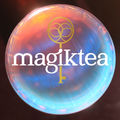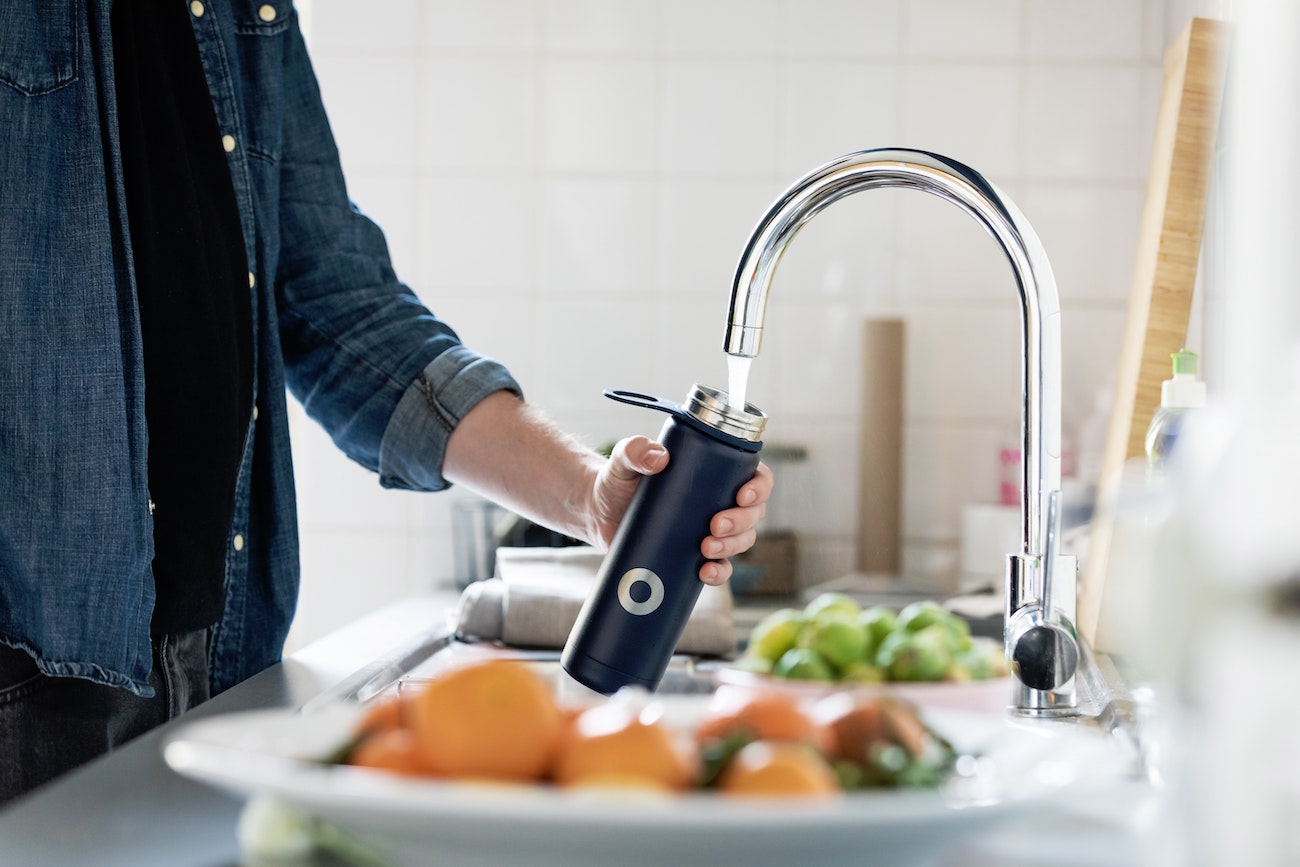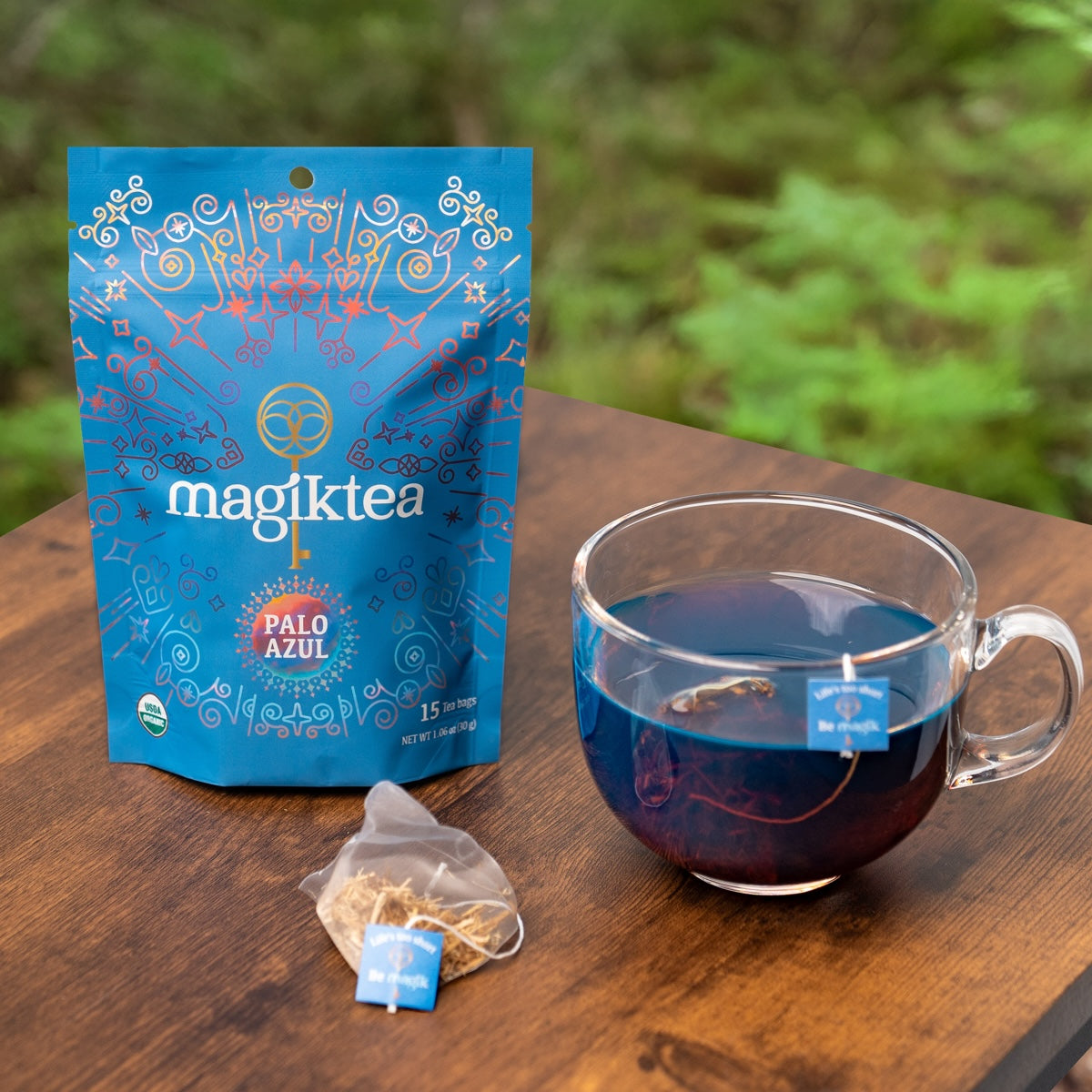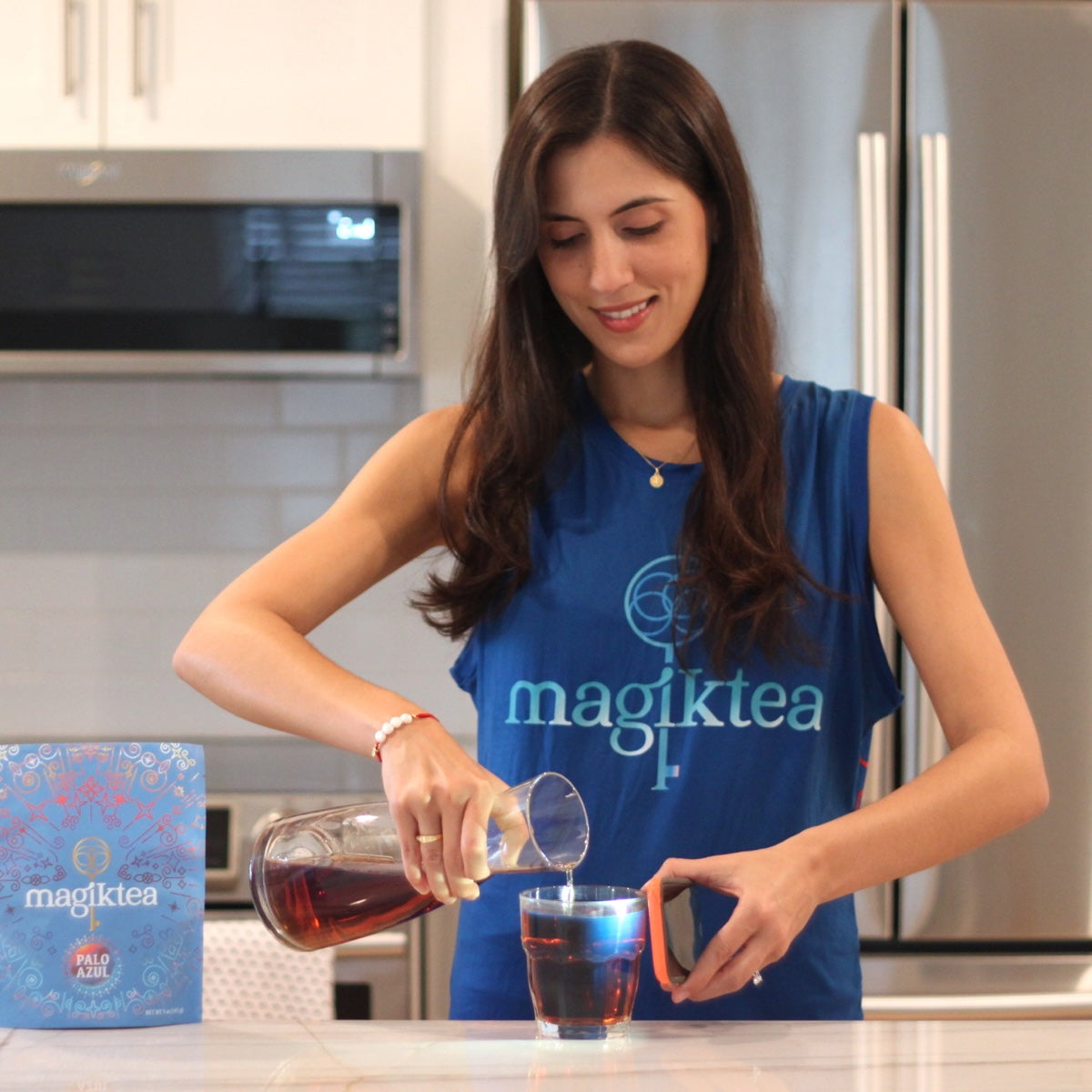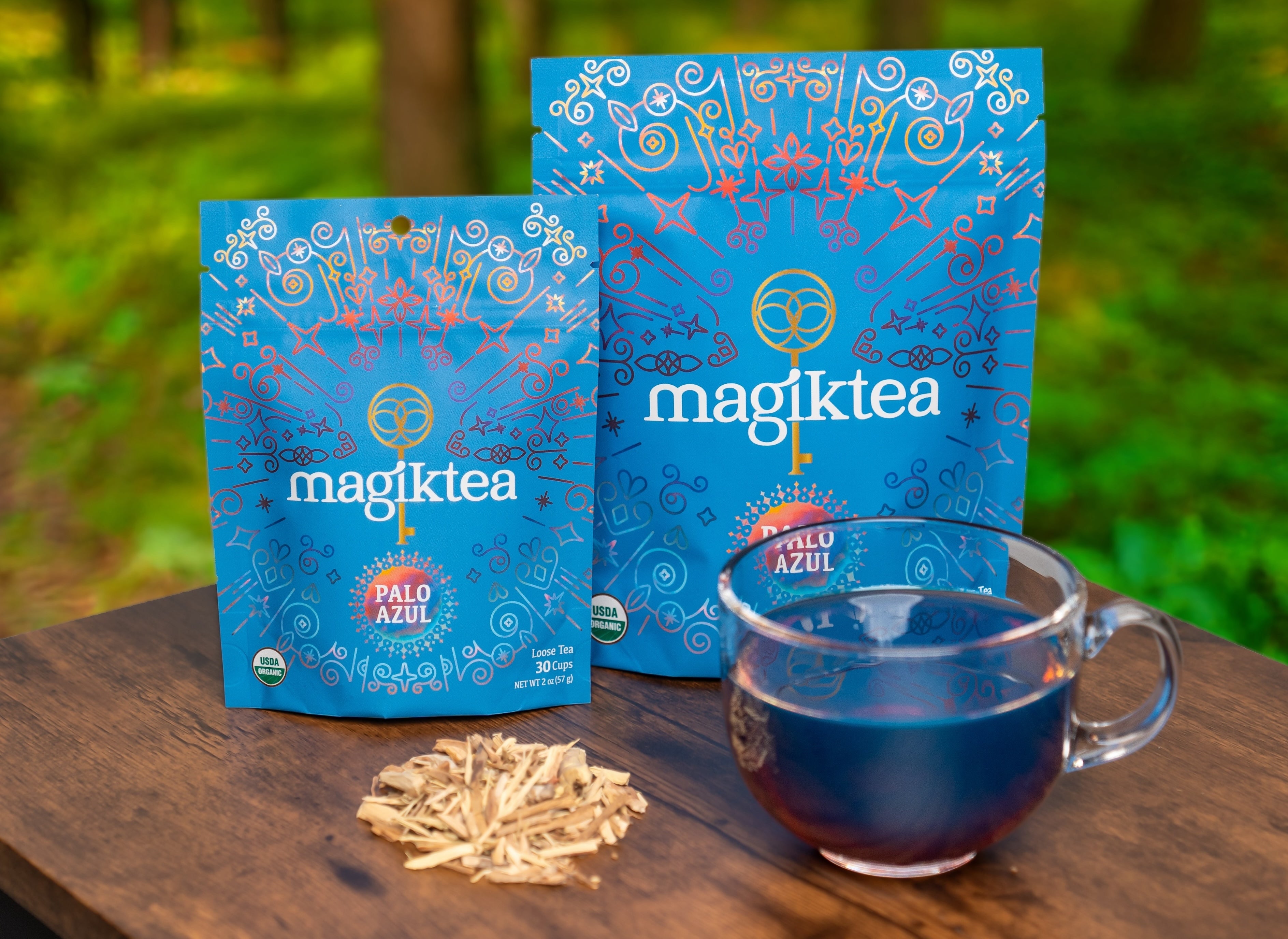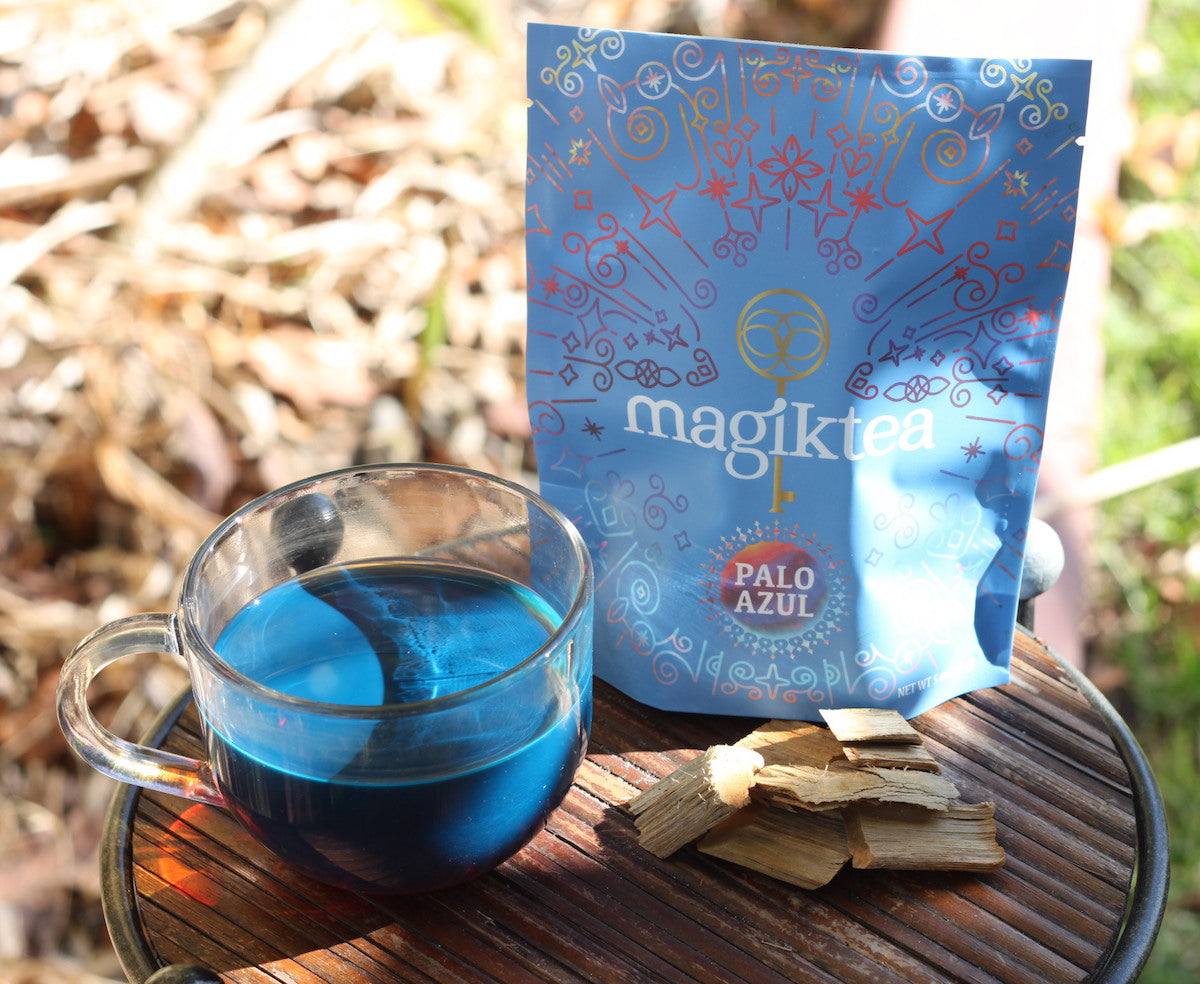"Most bottled waters are really just bottled tap water"
Most people assume that plastic bottled waters are safer and healthier than tap water. But according to several sources, it turns out that most bottled waters are really just bottled tap water! 😮
A 4-year review by the NRDC “concluded that there is no assurance that bottled water is cleaner or safer than tap. In fact, an estimated 25% or more of bottled water is really just tap water in a bottle.”
A report commissioned by World Wildlife Fund International similarly states that "bottled water may be no safer or healthier than tap water, while selling for up to 1,000 times the price." The report also says that "there are more standards regulating tap water in the United States than those applied to the bottled water industry."
Harvard University makes a similar claim in their article, Top Three Reasons to Avoid Bottled Water. They write that “bottled water generally is no cleaner, or safer, or healthier than tap water." In fact, the federal government requires far more rigorous and frequent safety testing and monitoring of municipal drinking water.”
EPA Ensures Tap Water Safety

EPA Infographic: How does your water system work?
Tap water may be even safer because it undergoes strict EPA (Environmental Protection Agency) regulations, whereas bottled water is regulated by the FDA. The problem, as this WebMD article explains, is that the “FDA doesn't have the ability to oversee a mandatory testing program like the EPA does with public water suppliers. So there is no guarantee that the bottle of water you bought is safe.”
According to the CDC (Center for Disease & Control Prevention), “all public water systems in the United States are required to follow the standards and regulations set by the EPA and the “EPA makes sure that water meets certain standards, so you can be sure that high levels of contaminants are not in your water.”
However, WebMD mentions that this “doesn’t mean that tap water is free of contaminants, but that the levels of any contaminants shouldn’t pose any serious health risk.” The EPA does mention that there may be small amounts of contaminants in water such as chemical contaminants like “nitrogen, bleach, salts, pesticides, metals, toxins produced by bacteria, and human or animal drugs.”

Municipal tap water comes from different sources and they’re treated in different plants across the US, so you should always check your local CCR (Consumer Confidence Report) water quality report from your supplier. A Business Insider article mentions that a sure sign that your tap water is not safe, is if it looks cloudy, or it has a weird smell or taste. If you notice these traits in your water, do not drink it, and you should contact your local water supplier.
Boiling Disinfects Water

A time tested way to disinfect water is to boil it. The EPA even says that during emergency situations, “local authorities may recommend using only bottled water, boiled water, or disinfected water.” The WHO (World Health Organization) also mentions that “boiling is sufficient to inactivate pathogenic bacteria, viruses and protozoa.”
The NY Department of Health says that “a boil water notice is issued to protect consumers when it is possible that drinking water has been contaminated by microorganisms that can cause illness (i.e. germs or pathogens).”
This is good news for us palo azul tea lovers! Since tap water is usually alkaline, and palo azul tea only reveals its blue fluorescence when it is prepared with alkaline water…this means that preparing palo azul tea by boiling tap water is a more convenient, safer and cheaper way to make tea than by using bottled water. Plus, it’s better for the environment! Below, we delve deeper into the benefits of tap water over bottled water.

* Don’t boil too much though! A 2018 article mentions that boiling water too much "can lower the pH of the water”, which might make the water acidic and palo azul tea won’t turn blue. If you over-boil the water and your palo azul tea doesn’t look blue, you can add baking soda (sodium bicarbonate) to raise the pH of the water. This is basically what Alka-Seltzer is, and it’s used to treat heartburn and indigestion because it neutralizes the buildup of stomach acid, so there’s an added bonus!
Benefits of Tap Water
1. No Phthalates or Microplastic Contamination

According to the NRDC, “chemicals called phthalates, which are known to disrupt testosterone and other hormones, can leach into bottled water over time.” The EPA limits phthalates in tap water, but “there are no legal limits in bottled water in most states; the bottled-water industry waged a successful campaign opposing the FDA proposal to set a national legal limit for these chemicals.”
Additionally, a 2018 study tested 259 water bottles from 11 different international brands and found that “93% showed some sign of microplastic contamination.” The researchers suggest that “the contamination is at least partially coming from the packaging and/or the bottling process itself.”
A Medical News Today article also mentions that “microplastics appear to fall within the same category of endocrine-disrupting chemicals as obesogens, affecting human, animal, and marine metabolism, reproduction, oxidative stress, and several other factors.”
2. Minerals & Electrolytes
 Most bottled waters are acidic, especially the cheaper ones. A 2013 study found that a nationally representative sample of tap water had essential minerals like “sodium, potassium, calcium, magnesium, iron, copper, manganese, phosphorus, and zinc.”
Most bottled waters are acidic, especially the cheaper ones. A 2013 study found that a nationally representative sample of tap water had essential minerals like “sodium, potassium, calcium, magnesium, iron, copper, manganese, phosphorus, and zinc.”
Some of these minerals are electrolytes which make the water alkaline, and they’re essential for hydration. This is why sports drinks have electrolytes. You can check out our entire article on the benefits of alkaline drinks here:

3. Better for the Environment

Numerous sources (1), (2), (3), (4), (5) say that over 75% of bottled waters end up polluting in landfills, lakes, and oceans where it takes over 1000 years for one bottle to decompose. This is because water bottles do not biodegrade, but rather photodegrade, so they will leak pollutants into our soil and water all those years. According to the Container Recycling Institute, every day in the U.S., people throw away over 60 million plastic water bottles.”
This is why Harvard University advocates reducing bottled water use in their article, Top Three Reasons to Avoid Bottled Water. Harvard says in their article that “more than 17 million barrels of oil are required to produce enough plastic water bottles to meet America’s annual demand for bottled water.”
According to the Medical News Today article, “in 2016, the bottling of water in the U.S. used 4 billion pounds of plastic. This process required an estimated energy input equal to approximately 64 million barrels of oil.”
Lastly, a 2021 study found that drinking bottled water negatively impacts the environment “1200 times higher for species lost” and “3500 times higher for resource use.”
4. Much Cheaper

Bottled waters cost around 20ç - $2 per bottle, whereas tap water is practically free. This is because water bottle manufacturers spend around 90% of their costs in marketing and the bottle itself…not the water.
So to summarize, tap water is probably safer than plastic bottled water because it has less phthalates, less microplastic contamination, and the EPA's standards for contaminants levels in tap water are more stringent than the FDA's standards on bottled water. Moreover, tap water is usually alkaline, it has more essential minerals, it’s cheaper, and it’s literally thousands of times better for the environment than plastic bottled water. So unless you're buying water in glass, aluminum, or tetra pak containers, you're probably better off drinking tap water. Never forget that no action is too small to make a difference in the world!

Sources
CDC: Drinking Water Frequently Asked Questions (FAQs)
EPA: Types of Drinking Water Contaminants
EPA: Emergency Disinfection of Drinking Water
WHO: Scientific Basis for the Efficacy of Boiling
(2018) Synthetic Polymer Contamination in Bottled Water
(2018) The Effects of Temperature on the pH of Water
Harvard: Top Three Reasons to Avoid Bottled Water
(2020) WebMD: Drinking Water Quality: What You Need to Know
(2016) NRDC: The Truth About Tap
(2020) Can I drink the US tap water?
(2013) The mineral content of tap water in United States households
Medical News Today: Which is better: Bottled water or tap water?
(2019) Business Insider: 8 signs your tap water might be dangerous to drink
(2001) Study: Bottled Water No Safer Than Tap Water
NY Department of Health: Boil Water Notices
Plastic Water Bottle Pollution: Where do all the Bottles End Up?
